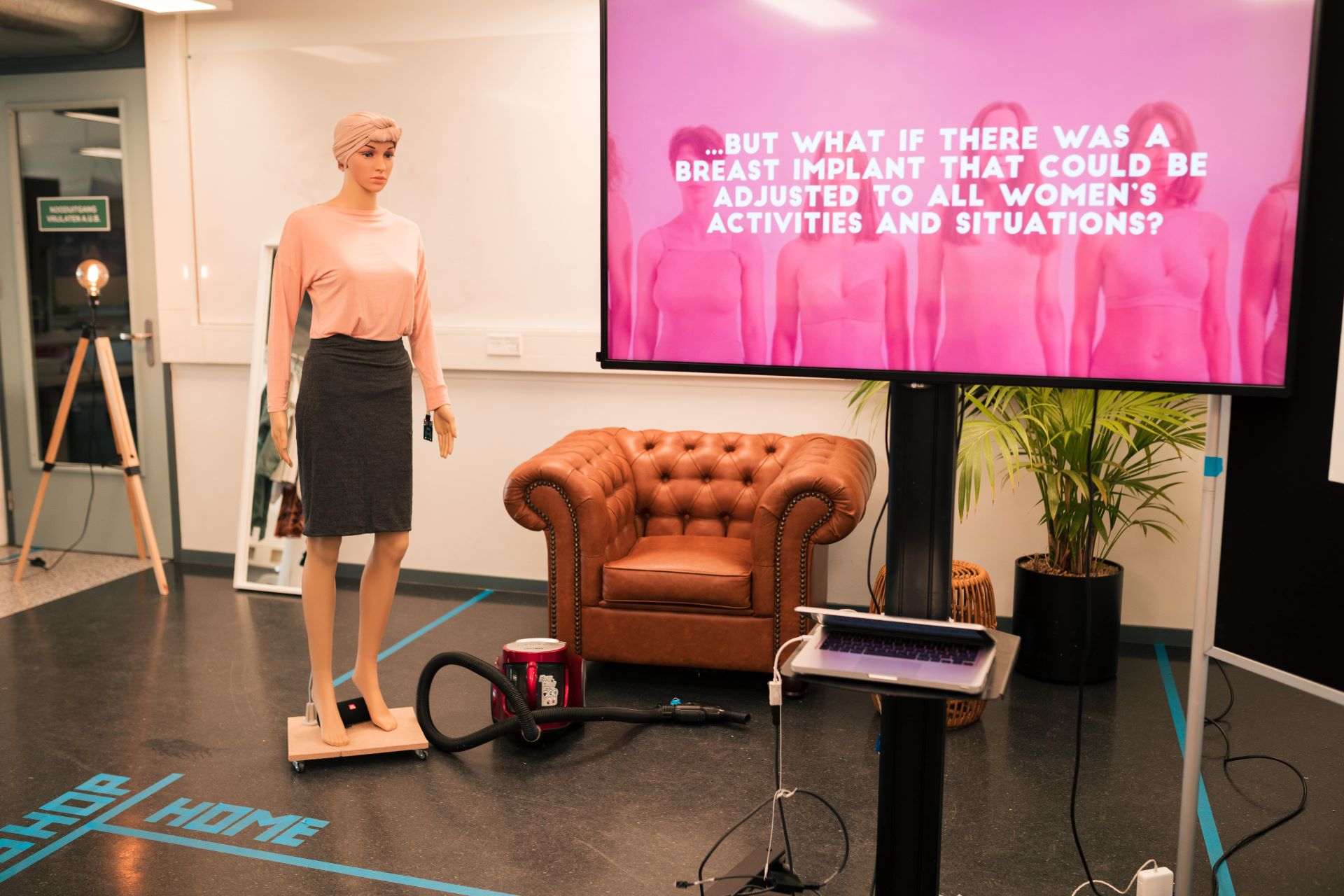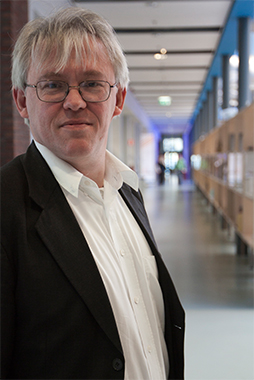Human-Centered Design holds vital potential for addressing some of today’s most pressing global issues, such as climate change, health pandemics, and social inequality.
Understanding the human dimension is widely recognised as an essential capability in addressing these issues. However, traditional HCD approaches are not sufficiently tailored to address these complex and emerging challenges. In order to remain impactful, we therefore re-examine and expand upon the foundational HCD knowledge to better account for emerging technologies and evolving societal values.
This creates exciting scientific opportunities to develop a new body of knowledge and methodology, supporting a more holistic understanding of the relationships between humans, other living beings, technology, and the environment. We are broadening our scope towards systemic HCD approaches, a greater emphasis on co-creation and community involvement, a better understanding of non-human agency, and a more nuanced understanding of the relationship between design and the social, political, and economic contexts in which it operates. By advancing Human-Centered Design for the 21st century, we strive to maintain and nurture our position as a leader in the design field and ultimately aim to promote the development of positive human-technology relationships.

Our Mission
Our mission is to advance the field of Human-Centered Design (HCD) through the development of cutting-edge knowledge, research methods, and design approaches that empower design researchers, practitioners, and students to engage in systematic and ethical design research and practices. Our research agenda is guided by the commitment to foster responsible HCD that prioritises human needs, while also addressing broader societal and environmental impacts. We develop new HCD expertise required to improve people's lives not only in the short term but also in the long term by contributing to social progress, inclusivity, responsibility, equity, and sustainability – addressing the complex challenges affecting human well-being.
Research Sections
Our department is organised into four sections:
Labs
In addition to the central laboratories within the faculty, our department houses several research facilities, including experimental perceptual labs, simulated living environments for testing, and applied research and design labs, which cater to the diverse facets of our research.
Projects
Here are some examples of design projects that were developed within HCD-led Delft Design Labs.
Dive deeper into our research
Want to learn more about our research? Here are a few ways you can do that...
Do you have a question or need to get in touch with someone from our department?
Send us an email or give us a call and we'll do our best to help.
Secretariat HCD
- +31 15 27 83029
- Secr-HCD@tudelft.nl
-
Room C-3-030

